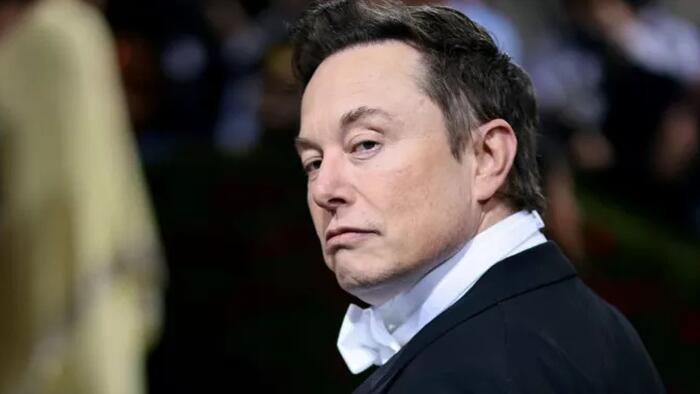The German political landscape is once again embroiled in controversy, primarily triggered by comments from Christian Lindner, the leader of the Free Democrats (FDP), who made a provocative statement suggesting that Germany should embrace the boldness of figures like Javier Milei and Elon Musk. His remarks drew sharp rebukes from the political establishment, particularly from Friedrich Merz, leader of the Christian Democratic Union (CDU) and a potential candidate for the chancellorship. Merz condemned Lindner’s comparisons, asserting that neither Milei nor Musk serve as role models for German politics. The backlash highlights Germany’s fragile political climate, where dissenting opinions or comparisons to controversial figures can lead to outrage and demands for conformity.
This uproar intensified when influencer Naomi Seibt shared her take on the situation, claiming Merz’s condemnation was misplaced. Seibt’s video caught the attention of Elon Musk, who controversially responded with a tweet proclaiming that “Only the AfD can save Germany.” This tweet ignited a firestorm of accusations directed at Musk, with numerous public figures and commentators labeling his intervention as a dangerous incursion into German democracy. Figures from across the political spectrum expressed their dismay, accusing Musk of promoting extremist ideologies and undermining the electoral process in Germany. The vehement responses underscore a deep-seated anxiety about external influences on domestic political affairs.
In a wave of indignation, various commentators drew parallels between Musk’s influence and that of authoritarian regimes, with some describing his actions as tantamount to election interference. Prominent journalists and political figures lambasted Musk for allegedly using his platform to bolster right-wing populism in Germany. Concerns were raised about the implications of a tech billionaire wielding significant power over political narratives, leading some to demand institutional responses to counteract what they perceive as a direct threat to their democratic values and processes. The rhetoric surrounding Musk’s influence reveals a broader fear regarding the intersection of technology, politics, and populism in contemporary society.
German leadership has faced growing scrutiny over how to handle Musk’s vocal support of the AfD—a party long criticized for its far-right positions. The governing coalition’s response, including statements from Chancellor Olaf Scholz and various political spokespersons, was timid, with few concrete actions taken to counter Musk’s claims. Rather, the discourse largely revolved around outrage and the alleged dangers posed by Musk’s storytelling. Critics within the establishment insisted that Musk should face repercussions for his comments, framing the issue through the lens of protecting democratic integrity in the face of foreign intervention.
The backlash against Musk calls attention to entrenched divisions in German politics, particularly regarding the treatment of the AfD and the polarizing figure of Elon Musk himself. Musk’s past comments criticizing German policies and leaders have further alienated him from the mainstream political dialogue in Germany. The reaction to his latest tweet—from alarm over the AfD’s rise to outright accusations of threatening democracy—illustrates the tangled relationship between emerging populist movements and the established political order. The overwhelming societal anxiety stems from the perception that Musk, as a powerful individual, has the capability to sway public opinion and thus influence the outcome of national politics in ways deemed unacceptable.
Ultimately, the symbolic nature of this conflict reveals the fragility of political discourse within Germany, wherein the echoes of past vulnerabilities shape current responses. Serious contemplation of Musk’s influence begs the question: if a single tweet can provoke such alarm, what does that say about the resilience and foundation of German democracy? The fear of Musk, or any individual, impacting the political landscape suggests an underlying issue of confidence within the democratic framework, where established authorities feel compelled to demonize even the most peripheral threats rather than confront them directly through reasoned debate. This ongoing drama not only highlights the tensions inherent in contemporary governance but also reflects broader societal sentiments regarding power, influence, and the future trajectory of democracy in an increasingly interconnected world.

